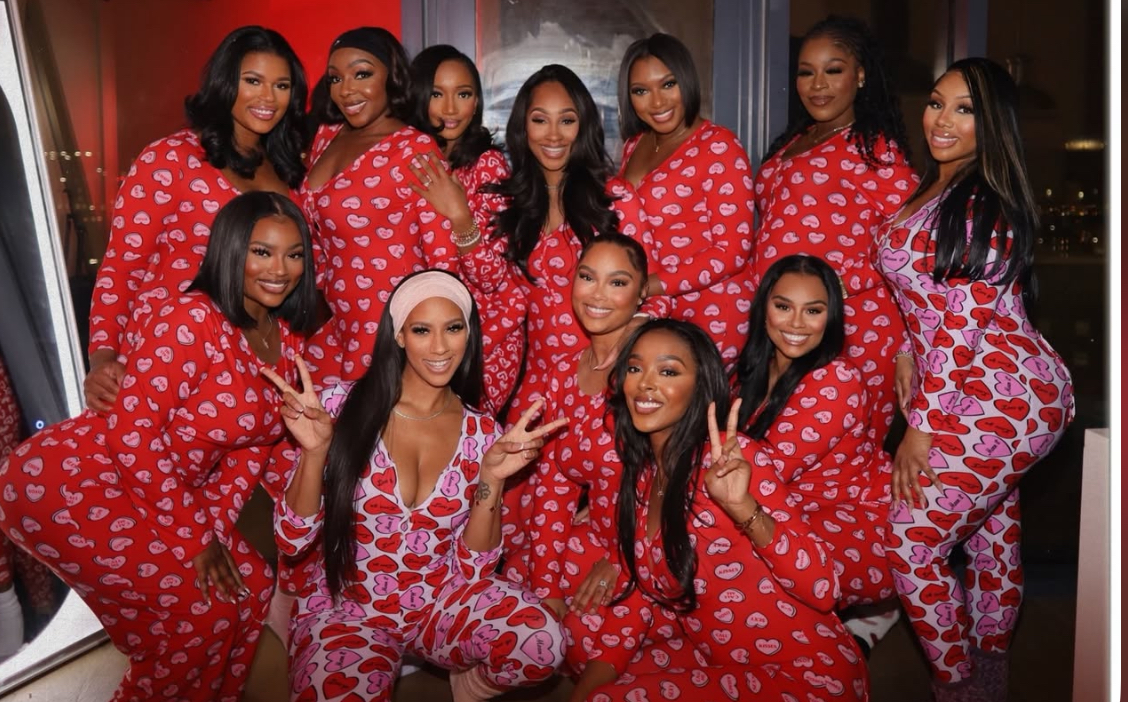
by Jeroslyn JoVonn
February 9, 2024
New reports are showing the growing demand for more diverse content from the demographic that’s watching the most television.
A new report shows the growing demand for more diverse content from the demographic watching the most television.
Nielsen’s Diverse Intelligence Series released a new report that found Black audiences’ unprecedented engagement and impact on media. Dubbed “The global Black audience: Shaping the future of media,” the report discovered that Black consumers dedicate more than 81 hours per week to media consumption, a figure that’s 31.8% higher than the general population.
While Black viewers account for the largest percentage of TV consumers, 43% of Black respondents across five countries (including the U.S., Brazil, Nigeria, the U.K., and South Africa) are seeking more representation of themselves on television. Black audiences also want to see themselves represented in advertising targeting them.
Within the United States, 67% of Black viewers express a desire for increased representation of their identity group when watching television. The demand continues in other countries.
When it comes to advertising, 35% of Black Americans think brands depict them in a similar manner while 66% of Black consumers consider severing ties with brands they feel undermine or devalue their community. Media is also connecting the Black diaspora with over 50% of first-generation Black Americans following a Black creator located outside the United States, while seven out of 10 Black respondents from the U.K. follow Black creators from different countries.
The findings come amid growing criticism against major networks that appear to be drawing back diversity pledges made in the wake of George Floyd’s murder in 2020. Surveys released in February 2023 found a growing decline in the diversity hires made in 2020 via NBC News.
“Brands and programmers trying to connect with Black America have their work cut out for them to push beyond ‘urban’ and represent the spectrum of African American traditions as well as emerging nuance from the expanding Black immigrant and Black first-generation perspectives,” said Charlene Polite Corley, vice president, Diverse Insights & Partnerships for Nielsen.
“When considering any kind of engagement with Black audiences, it’s key to remember that Black culture is vast and expansive, and the global exchange of influence needs to be taken into account.”
Other key findings include Black millennials’ heavy reliance on social media for news content rather than television, with many even feeling local television doesn’t share reliable news. Black audiences are also consuming TV content through cable-free options like streaming apps.
RELATED CONTENT: Usher Wants To Follow 50 Cent And Launch TV Content That Will ‘Give People An Escape‘







